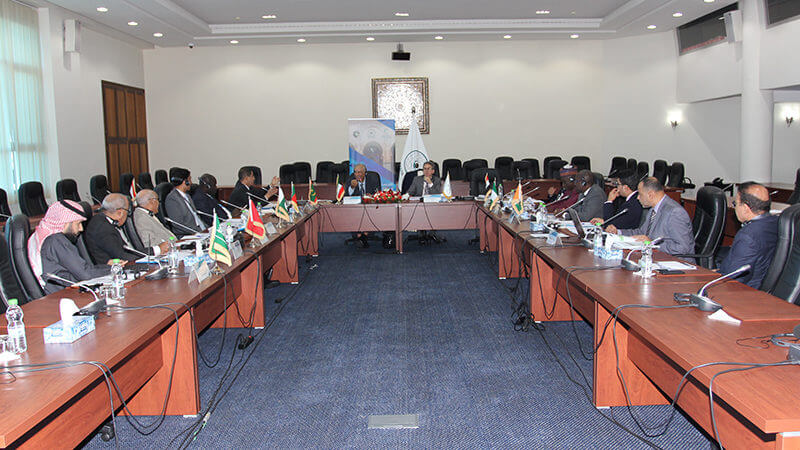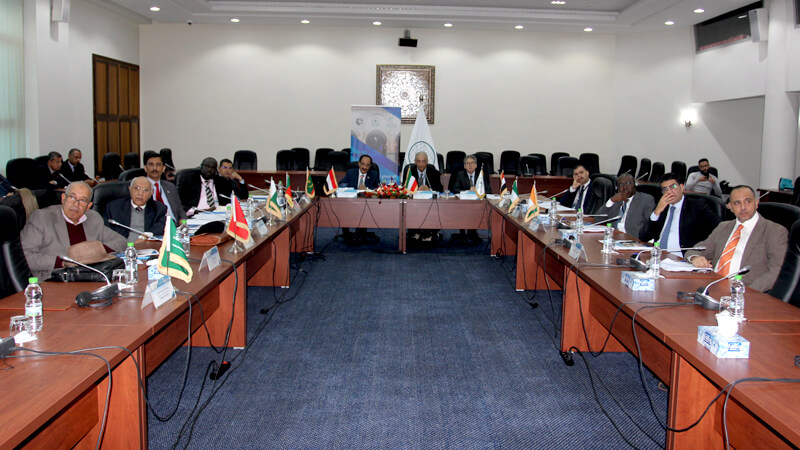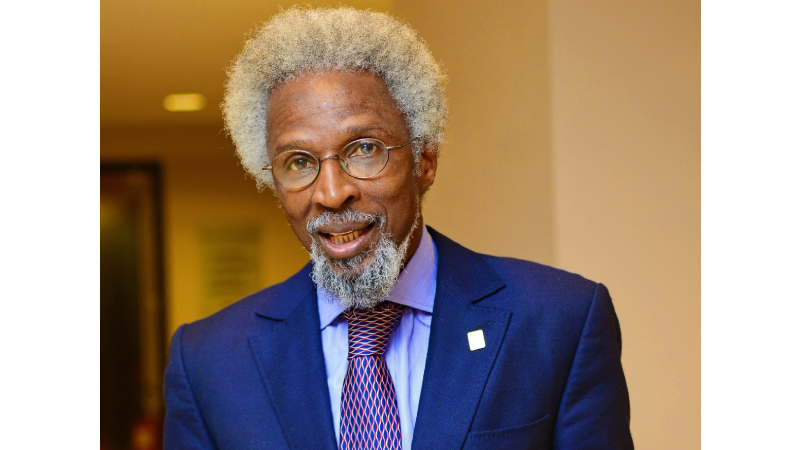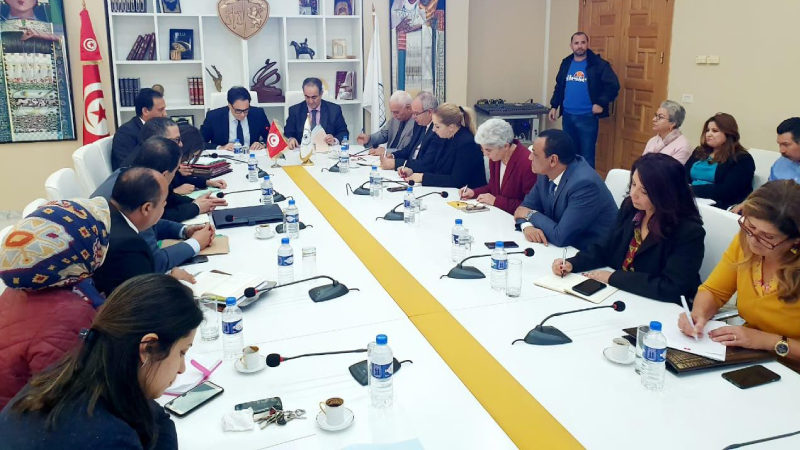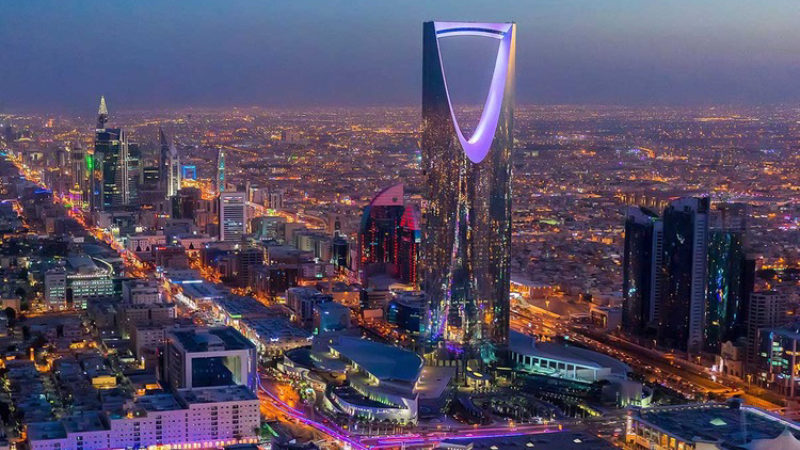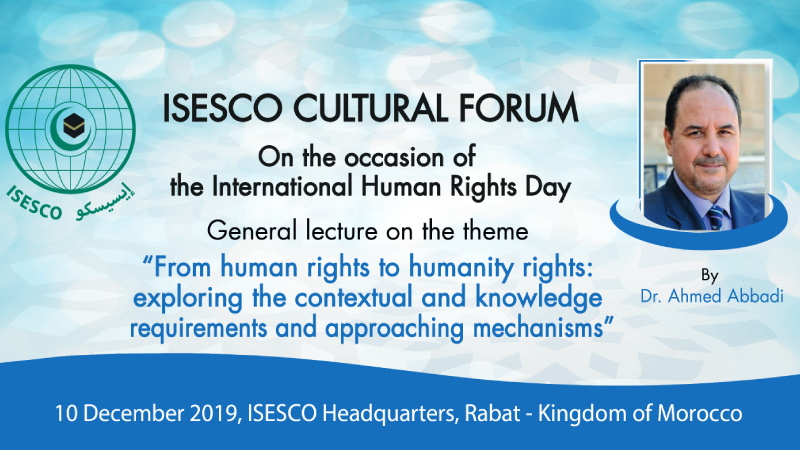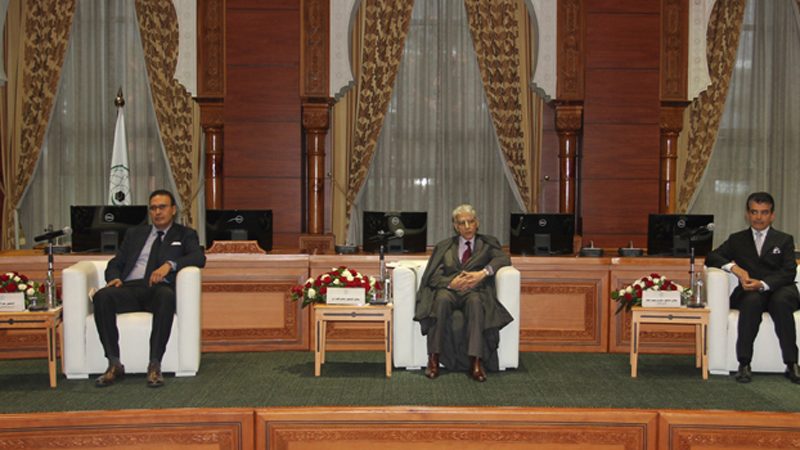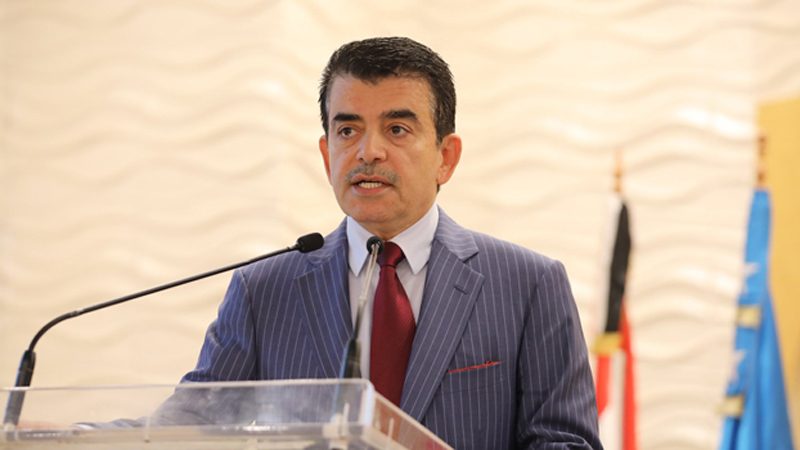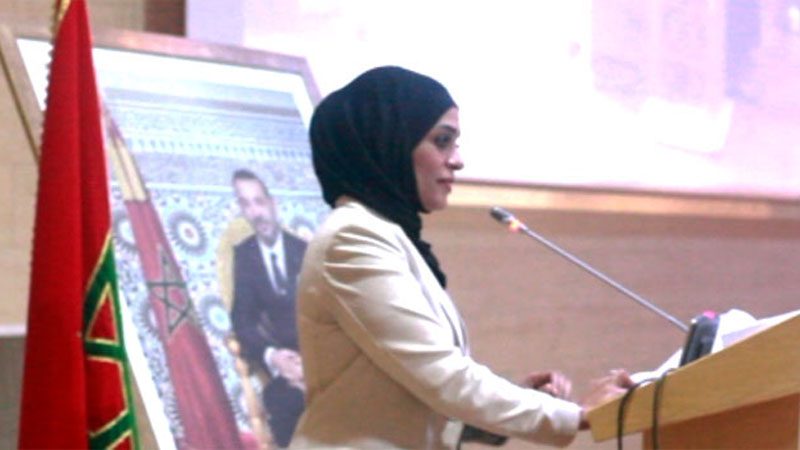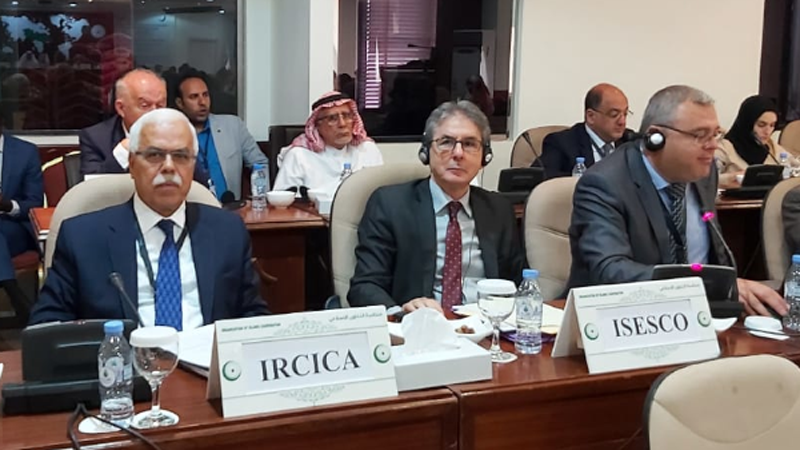Today at the headquarters of the Islamic Educational, Scientific and Cultural Organization (ISESCO), the Extraordinary Meeting of the Islamic World Heritage Committee closed with approving the inscription of 120 heritage sites in the Islamic world, of which 117 sites on the Islamic World Heritage List and 3 sites on the newly created List of Islamic World Heritage in Danger.
This meeting was held as part of ISESCO’s efforts to conserve civilizational heritage in the Islamic world and promote its efforts aiming to safeguard and document the elements of tangible heritage in Member States in implementation of its new vision on heritage and culture.

The meeting brought together the representatives of the Member States of the Committee, namely the State of Kuwait, Republic of Iraq, Islamic Republic of Mauritania, Islamic Republic of Pakistan, Republic of Cameroon, Republic of Cote d’Ivoire, and the Federal Republic of Nigeria, as well as two representatives of the Assisting Scientific Commission from the Kingdom of Morocco. Nevertheless, the representatives of the Republic of Indonesia and the Republic of Uzbekistan could not attend.
The meeting, convened on 2-3 December 2019, examined the items placed on the agenda. After due deliberations, Mr. Najib Ghiati, Director of Culture at ISESCO, announced that the Committee approved the inscription of 117 sites on ISESCO’s Islamic World Heritage List, of which 49 new sites on the Final List and 5 new sites and 53 sites on the Tentative List inscribed on UNESCO Tentative List as well.
Mr. Ghiati stated that the Committee inscribed 3 sites in Yemen on the List Islamic World Heritage in Danger while 7 other sites were deferred.
The Committee agreed to create an exclusive list of the holy sites in the Islamic world covering Al-Masjid Al-Haram in Makkah Al-Mukarramah, Al-Masjid an-Nabawi in Al-Madinah Al-Munawarah and Al-Aqsa Mosque in Al-Quds Al-Sharif, and examine the proposal of establishing the Islamic World Museums Week.
Moreover, the Committee urged ISESCO General Directorate to dispatch a technical committee of experts to the Republic of Yemen for assistance in rehabilitating cultural heritage and natural reserves in danger; inscribing further monuments on the Islamic World Heritage List, in coordination with the relevant competent parties in Yemen; allocating a number of executive programmes for Member States to inscribe industrial heritage sites on WHL and IWHL. The Committee is also tasked with organizing intensive training sessions for Member States’ staff so as to be able to prepare application files of heritage sites and intangible heritage elements for inscription on the IWHL.
In the same vein, the Committee reaffirmed the importance of urging Member States’ competent parties to prepare exclusive lists for the elements of tangible and intangible heritage, provide relevant necessary information to be published on the “Web Portal for Historical Monuments and Archeological Sites and Sites in the Islamic World”, created by ISESCO to list the historic landmmarks and heritage sites of civilizational and human significance in its Member States; and set up an interactive online bibliographic database for the elements of architectural and urban heritage in the Islamic world.
The Committee requested that Members States’ culture ministers be invited, through the 11th Islamic Conference of Culture Ministers (Tunis, 17-18 December 2019), to contribute to the implementation of further programmes of cultural heritage preservation and submission of more application files for inscription on the IWHL.
At the close of the meeting, the Committee thanked H.E. Dr. Salim M. AlMalik, ISESCO Director General, and the General Directorate for the good hospitality, their sustained efforts to protect cultural and natural heritage in the Islamic world and their keenness to improve the performance of the IWHC and maintain the periodicity of its meetings.


